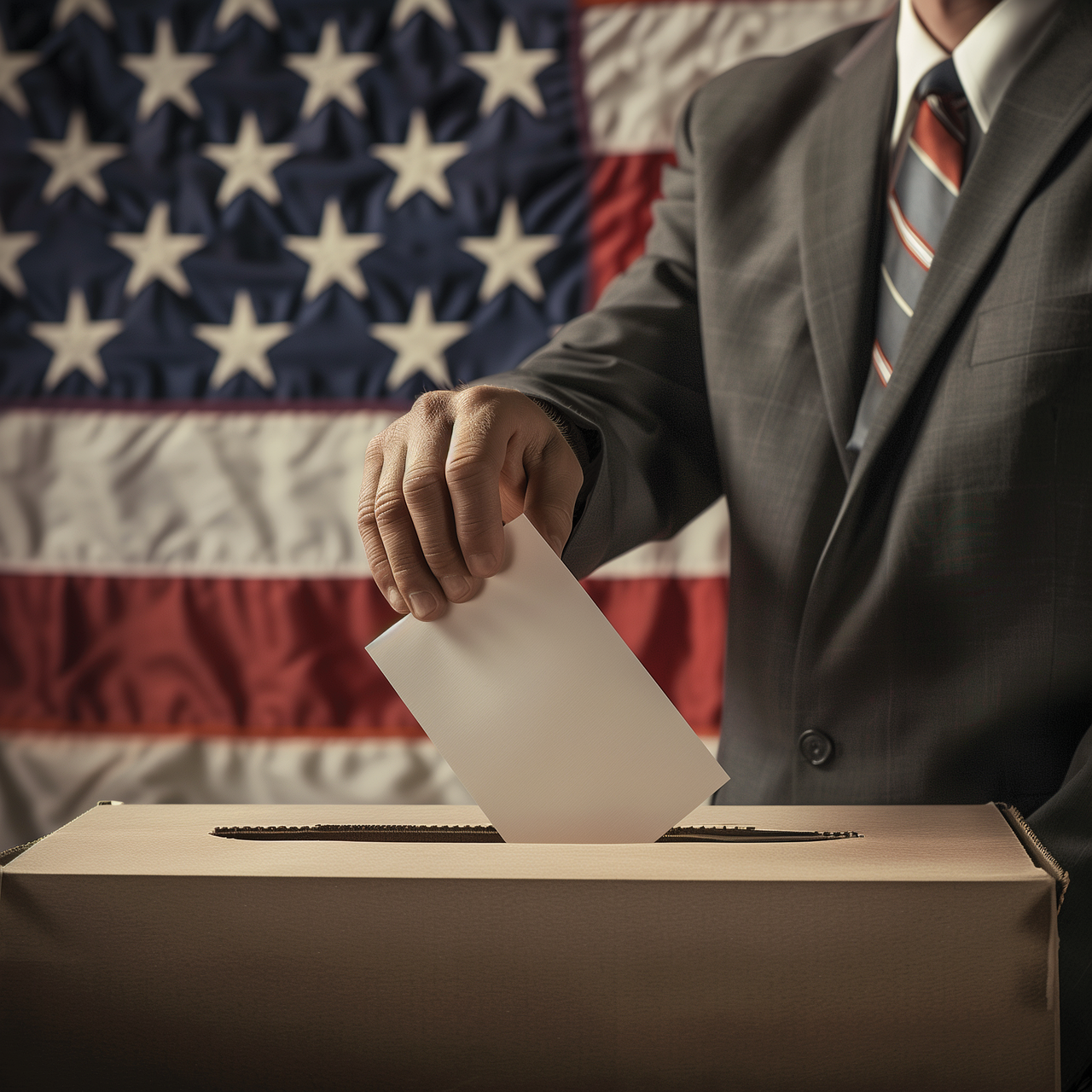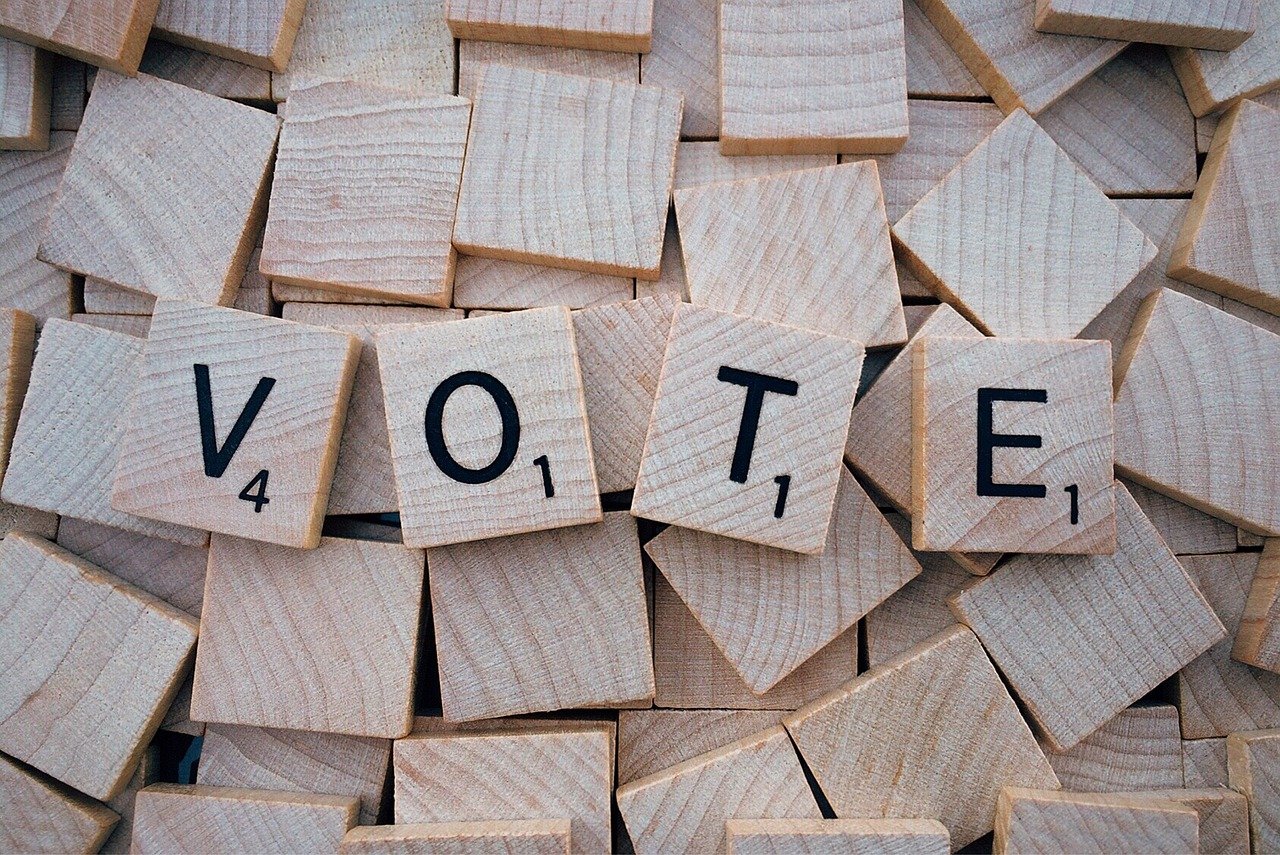
Understanding the Role of the Board of Elections in 2024: Ensuring Fairness and Integrity
The Board of Elections is a crucial entity in democratic governance, responsible for overseeing elections to ensure fairness, transparency, and integrity. Although its work often happens behind the scenes, the Board of Elections plays a vital role in safeguarding citizens’ democratic rights and maintaining the integrity of the electoral process. This article will explain the responsibilities, functions, and significance of the Board of Elections, highlighting its essential role in ensuring free and fair elections, with specific examples from 2024.
Understanding the Board of Elections
The Board of Elections, sometimes called the Electoral Commission or Election Board, is a bipartisan or nonpartisan body that administers elections within a specific area—local, county, state, or national. Comprising appointed officials or elected commissioners, the Board operates independently to manage various aspects of elections, including voter registration, candidate nominations, ballot preparation, polling station management, and vote counting.
Key Responsibilities and Functions
Voter Registration
- The Board of Elections manages the voter registration process, ensuring eligible citizens can enroll and participate in elections. This includes organizing voter registration drives, maintaining online registration portals, and verifying registrations. The goal is to expand voter access and promote inclusivity in the electoral process. In 2024, for instance, the Georgia Board of Elections launched a new mobile app for voter registration, allowing residents to register, update their information, and check their registration status from their smartphones.
Ballot Access and Preparation
- Before elections, the Board of Elections prepares and distributes ballots, ensuring they are accurate and compliant with legal requirements. This involves certifying candidates, designing ballot layouts, and printing ballots for use at polling stations and for absentee voters. An example from 2024 is the New York City Board of Elections implementing advanced security measures for ballot printing and distribution to prevent counterfeit ballots and ensure each ballot is traceable and verifiable.
Polling Station Management
- On election day, the Board of Elections oversees polling stations, ensuring they are adequately staffed, equipped, and accessible to voters. Poll workers, trained and appointed by the Board, facilitate the voting process, verify voter identities, and maintain order to uphold the integrity of the election. In 2024, the Board of Elections in Los Angeles introduced a new system for real-time reporting of polling station status, allowing voters to see wait times and operational updates via an online portal.
Vote Tabulation and Certification
- After the polls close, the Board of Elections tabulates and certifies the election results, consolidating votes from various precincts and verifying the accuracy of the counts. Rigorous auditing procedures and quality assurance measures are employed to ensure the integrity and credibility of the election outcomes. In Ohio, the 2024 election saw the use of blockchain technology by the Board of Elections to enhance the security and transparency of vote tabulation, providing an immutable ledger of all votes cast.
Voter Education and Outreach
- Beyond administrative tasks, the Board of Elections conducts voter education and outreach initiatives. These efforts inform citizens about their voting rights, registration procedures, polling locations, and key election dates. By promoting voter engagement and civic participation, the Board fosters an informed electorate and strengthens democracy. For example, the Florida Board of Elections in 2024 partnered with local influencers and celebrities to create engaging social media campaigns aimed at increasing voter turnout among young and first-time voters.
Significance of the Board of Elections
The Board of Elections embodies the principles of impartiality, transparency, and accountability in the electoral process. By upholding rigorous standards, the Board instills public confidence in the integrity of elections, safeguarding democratic rights and preserving the legitimacy of elected representatives. As custodians of democracy, the Board plays a vital role in upholding the fundamental principles of self-governance and ensuring every voice is heard in the democratic process.
In a democracy, the integrity of elections is crucial to the legitimacy of government and the trust of the electorate. The Board of Elections acts as a bulwark against electoral malpractice, working tirelessly to protect the sanctity of the ballot box and the democratic rights of citizens. Understanding the role of the Board of Elections and its critical functions helps us appreciate the electoral process and reinforces our commitment to democracy, fairness, and accountability.
By looking at the 2024 examples, such as Georgia’s mobile app for voter registration, New York City’s advanced ballot security measures, Los Angeles’s real-time polling station updates, Ohio’s blockchain vote tabulation, and Florida’s social media campaigns, we see the ongoing efforts to improve and secure our electoral process. These innovations highlight the Board of Elections’ adaptability and commitment to maintaining trust and integrity in the democratic system.













